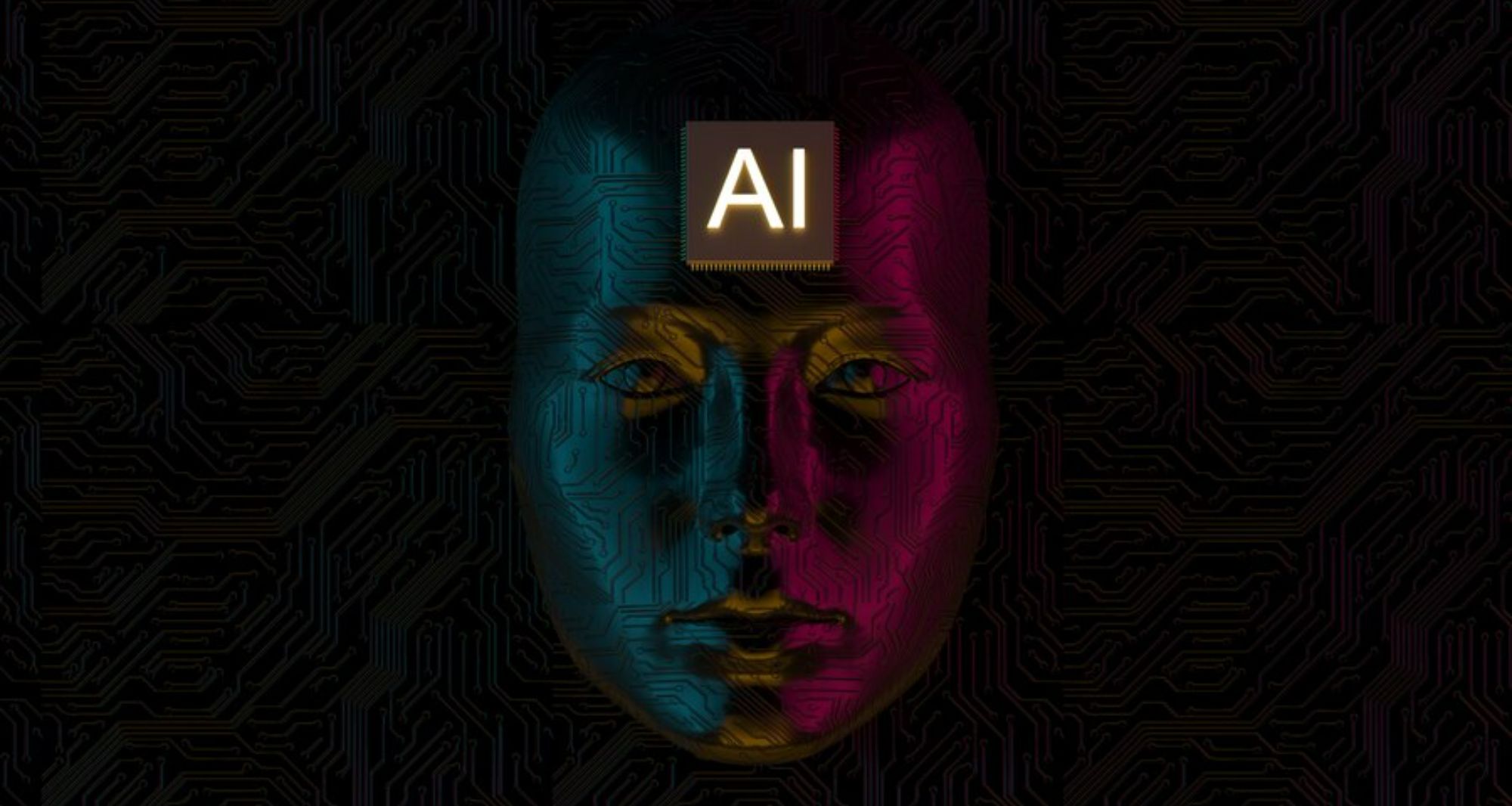Building Voice Assistants Made Easy: OpenAI's Latest Advancements

Table of Contents
OpenAI's Powerful NLP Models for Enhanced Voice Recognition
OpenAI's groundbreaking advancements in Natural Language Processing (NLP) are at the heart of its contribution to easier voice assistant development. Their sophisticated models, like Whisper, significantly enhance the accuracy and understanding capabilities of voice assistants. These models go beyond simple keyword recognition; they understand context, nuance, and intent, leading to a more natural and intuitive user experience.
- Improved accuracy in noisy environments: OpenAI's models demonstrate remarkable robustness, effectively filtering out background noise and focusing on the user's voice, even in challenging acoustic conditions. This is crucial for real-world applications where perfect audio conditions are rarely guaranteed.
- Support for multiple languages: Building multilingual voice assistants is now significantly simpler thanks to OpenAI's models, which support a wide range of languages and dialects. This opens up possibilities for global reach and broader accessibility.
- Better handling of accents and dialects: OpenAI's NLP models are trained on diverse datasets, resulting in superior performance across different accents and dialects. This ensures consistent accuracy regardless of the user's background or location.
- Reduced reliance on extensive training datasets: OpenAI's pre-trained models significantly reduce the need for massive, custom-built training datasets. This lowers the barrier to entry for developers, making it feasible to build high-quality voice assistants even with limited resources.
These advancements translate to a vastly improved user experience – smoother conversations, fewer misunderstandings, and increased user satisfaction.
Streamlined Development with OpenAI APIs
Integrating OpenAI's APIs into your voice assistant project is remarkably straightforward. OpenAI provides readily available tools and pre-trained models, drastically reducing development time and complexity. This means developers can focus on the unique aspects of their application, rather than getting bogged down in the intricacies of model training and integration.
- Reduced development time: Using OpenAI's APIs cuts down development time significantly, allowing for faster iteration and quicker time-to-market.
- Lower costs associated with training models: Pre-trained models eliminate the substantial costs and computational resources typically associated with training complex NLP models from scratch.
- Access to cutting-edge AI capabilities without extensive expertise: Developers don't need to be AI specialists to leverage OpenAI's advanced capabilities. The APIs offer a user-friendly interface, making sophisticated AI accessible to a broader range of developers.
- Simplified integration with various platforms and devices: OpenAI's APIs are designed for easy integration with various platforms and devices, ensuring flexibility and compatibility.
Here's a simple example of using the OpenAI API (Python):
import openai
openai.api_key = "YOUR_API_KEY"
response = openai.Completion.create(
engine="text-davinci-003",
prompt="What is the weather like today?",
max_tokens=150,
n=1,
stop=None,
temperature=0.7,
)
print(response.choices[0].text.strip())
This simplified code snippet demonstrates the ease of integrating OpenAI's capabilities into your projects.
Customizable and Personalized Voice Assistant Experiences
OpenAI empowers developers to create truly personalized voice assistant experiences. Beyond simple commands, you can tailor responses, voice tones, and conversational styles to individual users, dramatically enhancing engagement and satisfaction.
- User profile-based personalization: Build voice assistants that adapt to each user's preferences, history, and context.
- Contextual understanding and adaptive responses: Create assistants that understand the flow of conversation and provide relevant and insightful responses.
- Creation of unique brand voices: Develop voice assistants with distinct personalities and tones that reflect your brand identity.
- Integration with other services and platforms for a richer experience: Seamlessly connect your voice assistant with other services and platforms to provide a comprehensive and enriching user experience.
This level of personalization translates directly into increased user engagement and loyalty.
Addressing Ethical Considerations in Voice Assistant Development with OpenAI
OpenAI is deeply committed to responsible AI development. They incorporate numerous features and safeguards to promote fairness, transparency, and privacy in their tools and models, assisting developers in building voice assistants ethically.
- Data privacy measures: OpenAI employs robust data privacy measures to protect user information and ensure compliance with relevant regulations.
- Bias mitigation techniques: OpenAI actively works to identify and mitigate biases in their models, promoting fairness and inclusivity.
- Transparency in model functionality: OpenAI provides clear documentation and explanations of its models' functionality, promoting transparency and accountability.
- Safety mechanisms to prevent harmful outputs: OpenAI incorporates various safety mechanisms to prevent the generation of harmful or inappropriate responses.
OpenAI's dedication to ethical AI development ensures that developers can create beneficial and responsible voice assistant applications.
Conclusion: Unlock the Potential of Voice Assistants with OpenAI
OpenAI has significantly lowered the barrier to entry for building voice assistants. Through improved NLP models, streamlined APIs, enhanced personalization capabilities, and a strong commitment to ethical AI, OpenAI provides developers with the tools and resources to create innovative and user-friendly voice assistants. We've explored how to leverage OpenAI's advancements to improve voice recognition, simplify development, personalize user experiences, and build ethically sound applications.
Ready to start creating your own cutting-edge voice assistant? Explore OpenAI's comprehensive documentation and resources today! Learn how to create voice assistants, develop voice assistants, and design voice assistants that are both powerful and responsible using OpenAI's leading technology. [Link to OpenAI Documentation]

Featured Posts
-
 Suomen Huuhkajat Avauskokoonpano Paljastui Naemae Pelaajat Aloittavat
May 21, 2025
Suomen Huuhkajat Avauskokoonpano Paljastui Naemae Pelaajat Aloittavat
May 21, 2025 -
 Broadcast Networks Abc Cbs And Nbc Face Scrutiny Over Censorship Of New Mexico Gop Arson Attack
May 21, 2025
Broadcast Networks Abc Cbs And Nbc Face Scrutiny Over Censorship Of New Mexico Gop Arson Attack
May 21, 2025 -
 Post Match Reaction Slot And Enrique Discuss Liverpools Performance And Alisson
May 21, 2025
Post Match Reaction Slot And Enrique Discuss Liverpools Performance And Alisson
May 21, 2025 -
 Real Madrid Ancelotti Nin Ardindan Yeni Teknik Direktoer Arayisi
May 21, 2025
Real Madrid Ancelotti Nin Ardindan Yeni Teknik Direktoer Arayisi
May 21, 2025 -
 Wildfire Prediction And The Gambling Market Analyzing The Los Angeles Fires
May 21, 2025
Wildfire Prediction And The Gambling Market Analyzing The Los Angeles Fires
May 21, 2025
